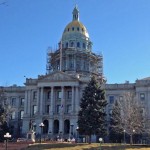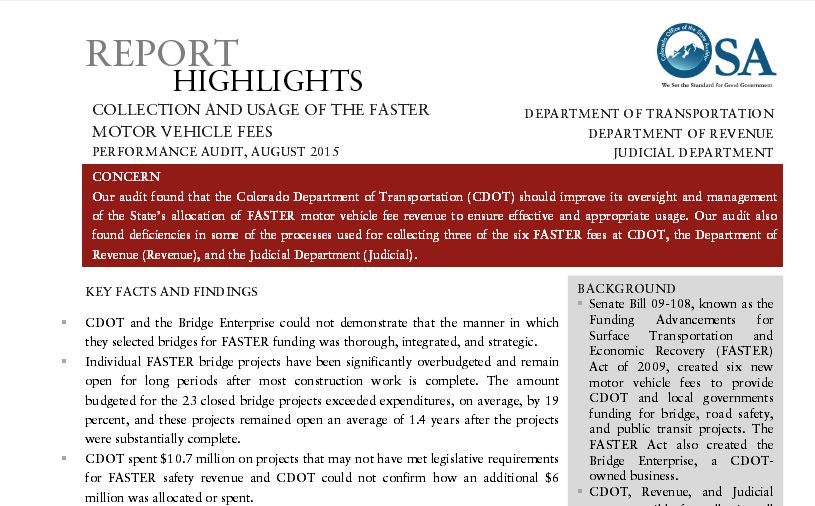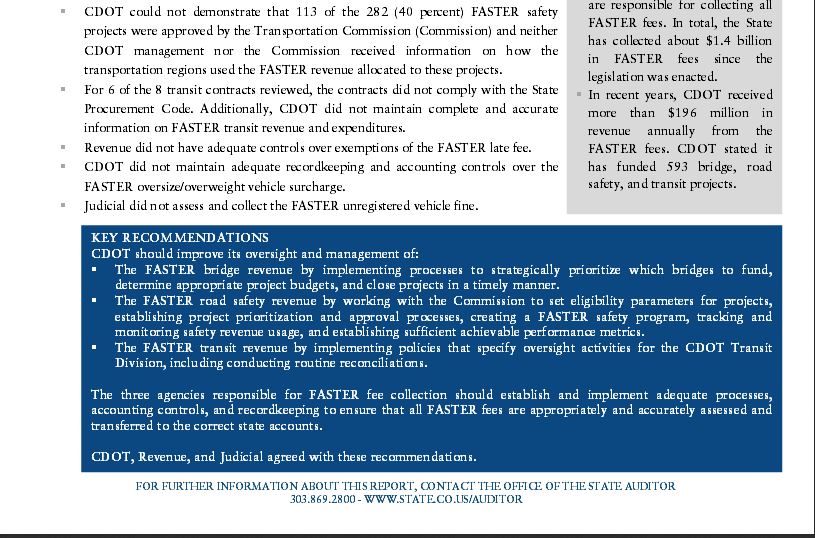
The Colorado State Capitol.
(Hart Van Denburg/CPR News)
Lawmakers will have difficult decisions to make on school funding issues when they tackle the budget this coming legislative session.Members of the Joint Budget Committee on Monday received year-end economic forecasts from state budget staffers. One of the key takeaways from their reports was an adjustment to school enrollment and local tax revenue numbers, which will free up $159 million more in school funding than was previously expected.
Statewide pupil enrollment turned out to be lower than what was projected earlier this year. And the share local communities contribute to school funding was greater than what had been anticipated.
“At the end of the day, I’m certainly hopeful that the news today is that we can invest more in our schools,” said Rep. Millie Hamner, D-Dillon, who chairs the Joint Budget Committee.



